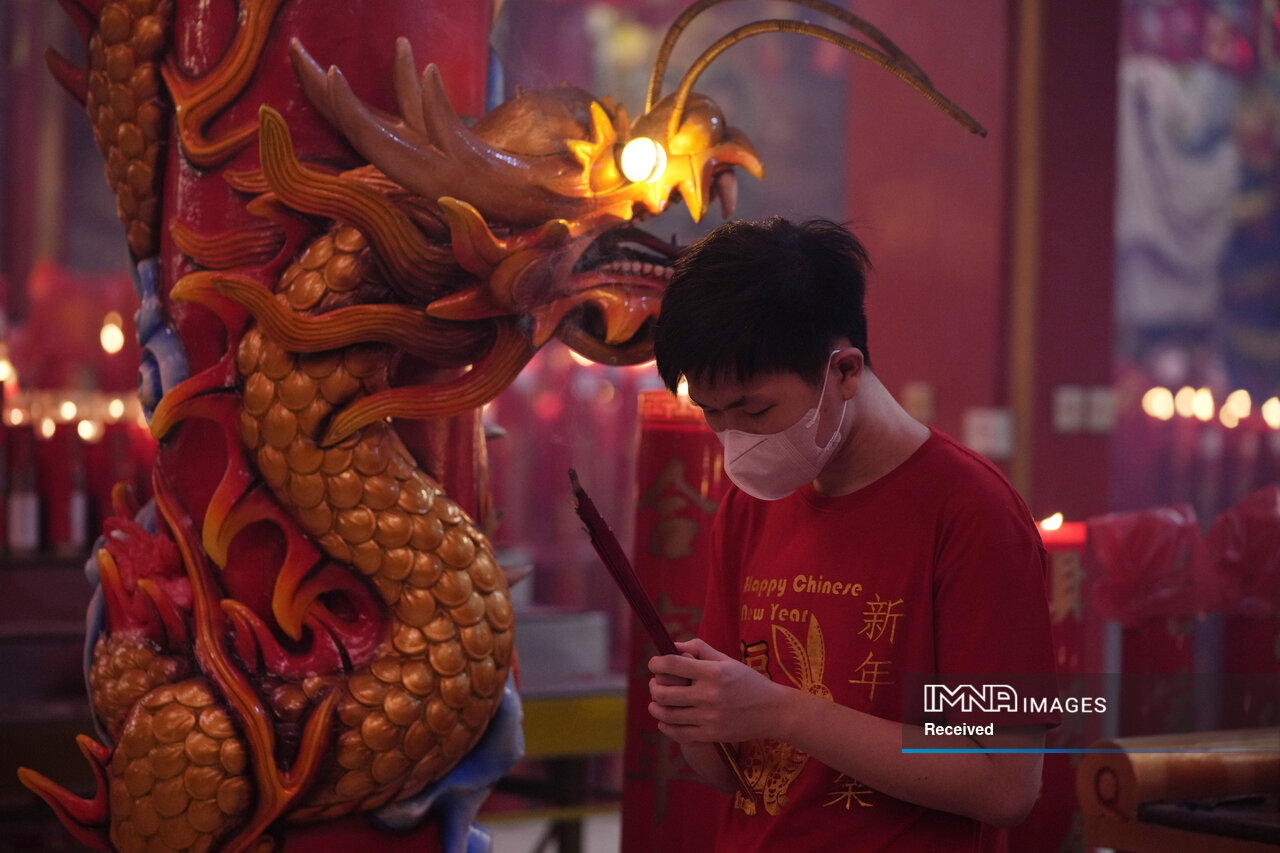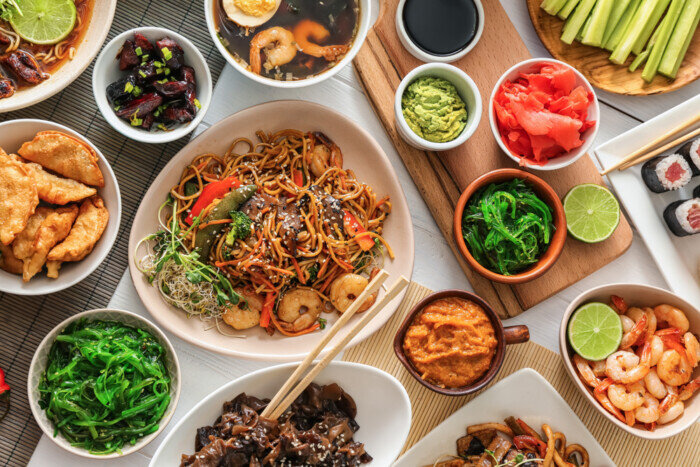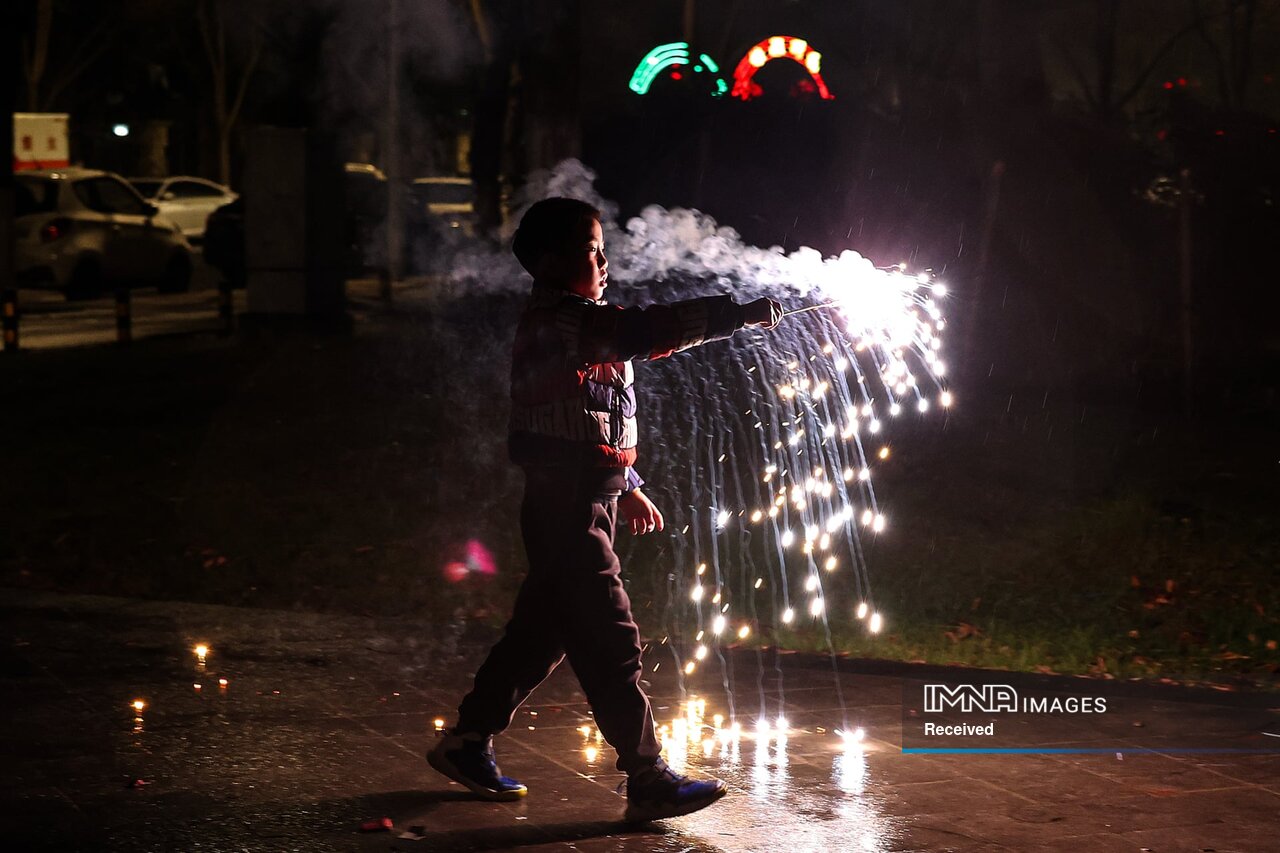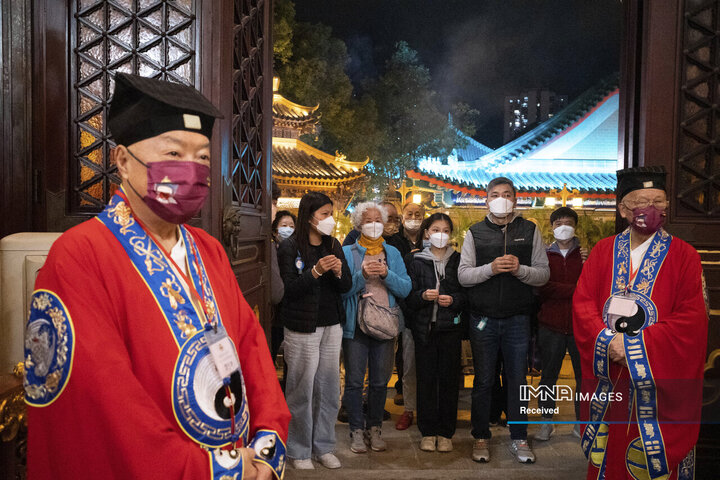Iran (IMNA) - Each Chinese year is associated with an animal sign according to the Chinese zodiac cycle. 2023 is the year of the Rabbit, specifically, Water Rabbit. The sign of Rabbit is a symbol of longevity, peace, and prosperity in Chinese culture. 2023 is predicted to be a year of hope.
Chinese New Year, also known as Lunar New Year or Spring Festival, is the most important festival in China and a major event in some other East Asian countries.
Chinese New Year is the festival that celebrates the beginning of a new year on the traditional Chinese lunisolar calendar. It was traditionally a time to honor deities and ancestors, and it has also become a time to feast and visit family members.
The date of the Chinese New Year is determined by the Chinese lunar calendar. The date changes every year but is always somewhere in the period from January 21st to February 20th. Read more on Chinese New Year dates from 2023 to 2030.
Each Chinese year is associated with an animal sign according to the Chinese zodiac cycle. 2023 is the year of the Rabbit, specifically, Water Rabbit. The sign of Rabbit is a symbol of longevity, peace, and prosperity in Chinese culture. 2023 is predicted to be a year of hope.

Why Is Chinese New Year Celebrated?
First, legend states that the Chinese New Year stemmed from an ancient battle against the Nian (/nyen/, which sounds the same as 'year' in Chinese), a terrifying beast that showed up every Lunar New Year 's Eve to eat people and livestock. To scare away the monster, people displayed red paper, burned bamboo, lit candles, and wore red clothes. These traditions have been continued until the present time.
Second, it is a celebration of the arrival of spring and the beginning of a new year on the Chinese lunisolar calendar.
How Long Is Chinese New Year?
Celebrations of Chinese New Year traditionally last for 16 days, starting from Chinese New Year's Eve to the Lantern Festival. The first 7 days are a public holiday, from January 21st to January 27th in 2023.
Chinese New Year Traditions
Regional customs and traditions vary widely but share the same theme: seeing out the old year and welcoming in the luck and prosperity of a new year. The main Chinese New Year activities include:
- putting up decorations,
- offering sacrifices to ancestors,
- eating reunion dinner with family on New Year's Eve,
- giving red envelopes and other gifts,
- firecrackers and fireworks, and
- watching lion and dragon dances.
Chinese New Year Food
Food is an important part of Chinese New Year. Lucky food is served during the 16-day festival season, especially on the New Year's Eve family reunion dinner.
- Fish is a must as it sounds like 'surplus' in Chinese and symbolizes abundance.
- Dumplings shaped like Chinese silver ingots are shared as a sign of the family unit and prosperity.
- Niángāo (glutinous rice cake) is welcome because it symbolizes a higher income or position as it sounds like 'year high'.

Chinese New Year Superstitions: Things You Mustn't Do
Chinese people traditionally believe that the year's start affects the whole year, so China’s Spring Festival is a season of superstitions. It's believed that what something looks like (color, shape), and what its name sounds like, gives it auspicious or ill-fated significance. There are many things you cannot do:
- Don't sweep up on New Year's Day, otherwise you’ll 'sweep all your luck away'.
- Don't eat porridge for breakfast, otherwise you’ll 'become poor in the upcoming year'.
- Don't wash your clothes and hair (on New Year’s Day), otherwise you’ll 'wash fortune away'.
How to Say "Happy Chinese New Year" in Chinese
When people meet friends, relatives, colleagues, and even strangers during the festive period, they usually say “Xīnnián hǎo” (新年好), literally meaning 'New Year Goodness', or “Xīnnián kuàilè” (新年快乐), meaning ‘Happy Chinese New Year’.
One of the most famous traditional greetings for Chinese New Year is the Cantonese kung hei fat choi, literally ‘happiness and prosperity’. In Mandarin that’s gongxi facai.



Your Comment